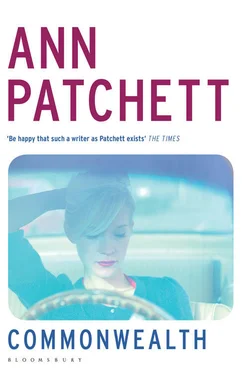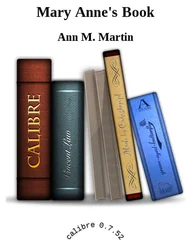“Everybody has a bad summer sometimes,” Edison said, and Albie, who knew this to be true, gave his friend a Tylenol with codeine while they watched cartoons.
By the time they had graduated from Jefferson Middle School, Albie and Lenny and Edison were fourteen and Raul was fifteen. They were tall but not as tall as they would be. From a distance it was impossible to tell if the bicycles were ridden by boys or men. They went too fast, and since they were always trying to see which one could outdo the other, the pack of them shifted in furious rotation, like the lead men in a race.
The Goddamn Boys on Bikes stole less candy after middle school, concentrating instead on the cans of Reddi-wip they slipped into the kangaroo pockets of their sweatshirts when they went to Albertson’s. Later they would ball up together on the floor of Albie’s bedroom to take in the small, sweet kick of fluorocarbons, or huff airplane glue from paper lunch bags. Each of the four mothers despaired at the bad crowd her son had fallen in with and, with the exception of Teresa, each of the mothers believed the other boys were entirely to blame.
Then one hot day in the summer they were mostly fourteen, Raul’s bike slipped its chain. They were miles from home, on a narrow service road that ran beside a field that stretched out wide behind an industrial park. The boys waited while Raul squatted beside his bike and worked on the chain. The field was unmown and given over to tall grasses and various weeds, all of which had died months before. That was Torrance. Albie lay on his back on the pavement, which was maybe two degrees away from being hotter than he could stand. It felt good on his shoulder. He wished he had sunglasses but none of them had sunglasses. He took a blue Bic lighter out of the giant buttoned pocket of his long shorts. He had a little pipe in there too, with a little wooden slide over the tiny mesh basket, but that was just for show. He was long out of pot and out of the money he had stolen from Holly’s babysitting stash to buy more, so instead of getting high he raised his arm straight up and flicked his lighter at the sun.
“What?” Lenny asked. He had tried to sit on the pavement but it was too hot. He couldn’t believe that Albie was lying on it.
“Fire communicates with fire,” Albie said, thinking that sounded profound. Then he turned his head to the right, towards the field, and saw two brown moths dipping over the dry grass, and just like that he brought his arm straight down to the right, the Bic flame turned to high, and touched the fire to the grass.
This was a field made to be burned. The flame licked at Albie’s wrist as he snatched his hand away and rolled twice across the pavement before jumping up and grabbing his bike. The fire made a whooshing sound and then an ecstatic crackling like stiff sheets of cellophane balled up by human hands.
“Fuck, man,” Raul said, stumbling back. “What did you do?” They were pulling their bikes farther and farther away, swinging a leg over to get out of there but none of them turned to go. All four of the boys were frozen, mesmerized, the weirdest chill washing over their skin while they watched this miraculous growing animal devouring the earth in every direction, every direction where there was grass and not bothering them at all on the pavement. The fire came as high as their waists, their chests, gorgeous beyond anything they’d seen, the rippling orange sheets hanging in the air like a desert mirage, like something that was there and not there. Black smoke curled above the flames, announcing to the neighborhood this very private thing that Albie had made. Fire! Fire! they’d be calling in the industrial park, even though it was already starting to die out around the edges. The fire needed so much. The boys could see it looking for more grass, anything to keep itself alive. It would have happily burned them up if it meant going for another minute.
“We should get out of here,” Edison said, though for all the world it sounded like, Would you look at that?
Forget the whip-its, the huffing, the pot. Forget the bikes even. From that first minute all they wanted was primordial fire. In the distance they heard sirens. Yesterday they would have ridden towards the noise, followed the bright-red trucks to the action like a bunch of little groupies after a band. Today they were the action, and they knew enough to get the hell out of there.
It was his grandfather Cousins who had first taught Albie and Cal how to make match guns one summer in Virginia. All the device required was an old-fashioned spring clothespin, a couple of rubber bands, a box of kitchen matches, and a scrap of sandpaper. The boys had been instructed to pay attention to the unspeakably boring old man, who had been instructed to impart some piece of family wisdom to the boys. A match gun was what he’d come up with. It meant something different in Virginia, of course, where at least for that one freakish summer of incessant rain the world had been rendered deep and lush and essentially fireproof. In Virginia people stored wood in the garage in the hopes that one day it would be dry enough to burn. Having made their guns, their grandfather adjusted a match into position and, zing , sent the missile sailing off the front porch in a pretty arc of flame.
“Never in the barn,” their grandfather had said to them when he handed over his invention. “In fact, never by yourselves. Are you listening to me? If you’re going to shoot matches, I have to be with you.”
Cal was underwhelmed. Whenever he got the chance he took his father’s handgun out of the glove compartment and stuck it in his tube sock under his jeans, tying the butt to his ankle with a tight bandanna. He was wearing it that day on the front porch while his grandfather fussed over the clothespin.
But Albie didn’t have a gun and so the little flame thrower held his interest, enough that when he tried to reconstruct one from memory five years later in Torrance, he found he could. Spreading out his materials on the dining room table, he made a match gun for each member of his posse. After a single practice session in Edison’s backyard, in which they burned up paper towels and Kleenex laid out on the grass at varying distances, they set fire to a mountain of empty cardboard boxes banked behind the liquor store and two dead shrubs in front of an Exxon station. On the days they got up early enough, they shot matches into the newspapers that waited on the sidewalks and front steps of their neighbors’ homes. When they were much better at it they shot those papers while on bikes. They took a city bus all the way to the Sunset Strip and shot matches into the palm trees, standing back to wait for the rats to tumble down the slender trunks as the dried out fronds burst into flames overhead. They tried to shoot the rats but that never worked. Rats were fast and not particularly flammable.
All through the summer they set things on fire despite the drought and the winds, despite the roadside admonishments of Smokey Bear. Fuck Smokey. They weren’t interested in anything as sloppy as a forest fire. They liked precision, the art of flame, the single burning newspaper, one abandoned lot. They lit matches through the first two months of their freshman year at Shery High. As shoplifters they had had a spotty record, but as arsonists they were remarkably adept at not getting caught, or they were until they set their school on fire.
Raul had art last period on Fridays, a peaceful moment at the end of his week in which he was free to draw meticulous dragons breathing fire into trees. Just before he left the classroom, in the second after the bell rang and everyone began to shove their notebooks frantically into their backpacks, he leaned over and flipped the catch on the window sideways, to the unlocked position. The art room was in the basement of the school and the windows were big and at ground level. No one was looking in his direction and so no one saw him do it. He did it only because he could. Miss Del Torre the art teacher would turn it back before she went home, or if she didn’t think to do it, and Miss Del Torre was an idiot so who knew, the janitor would do it when he mopped up after school.
Читать дальше
